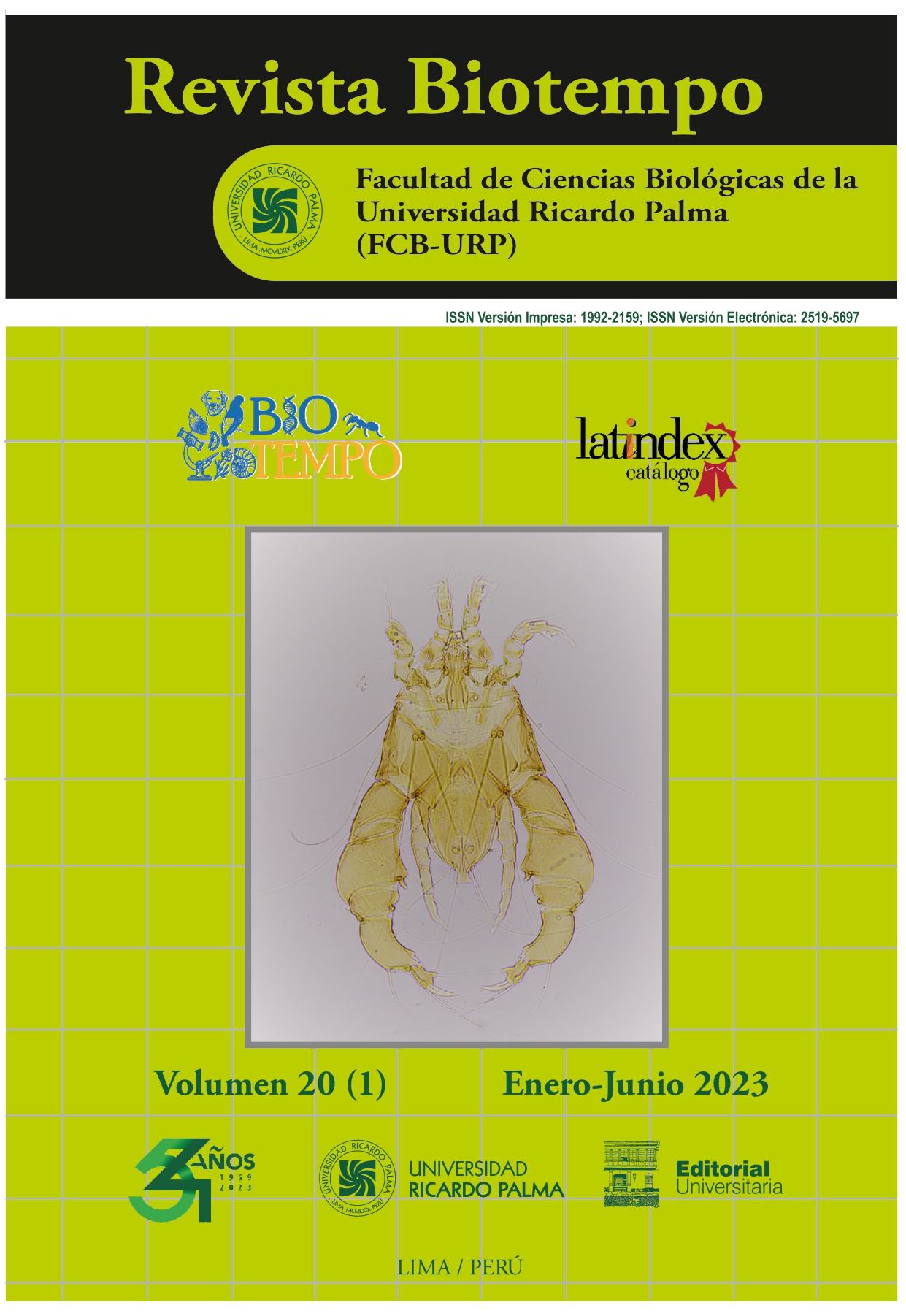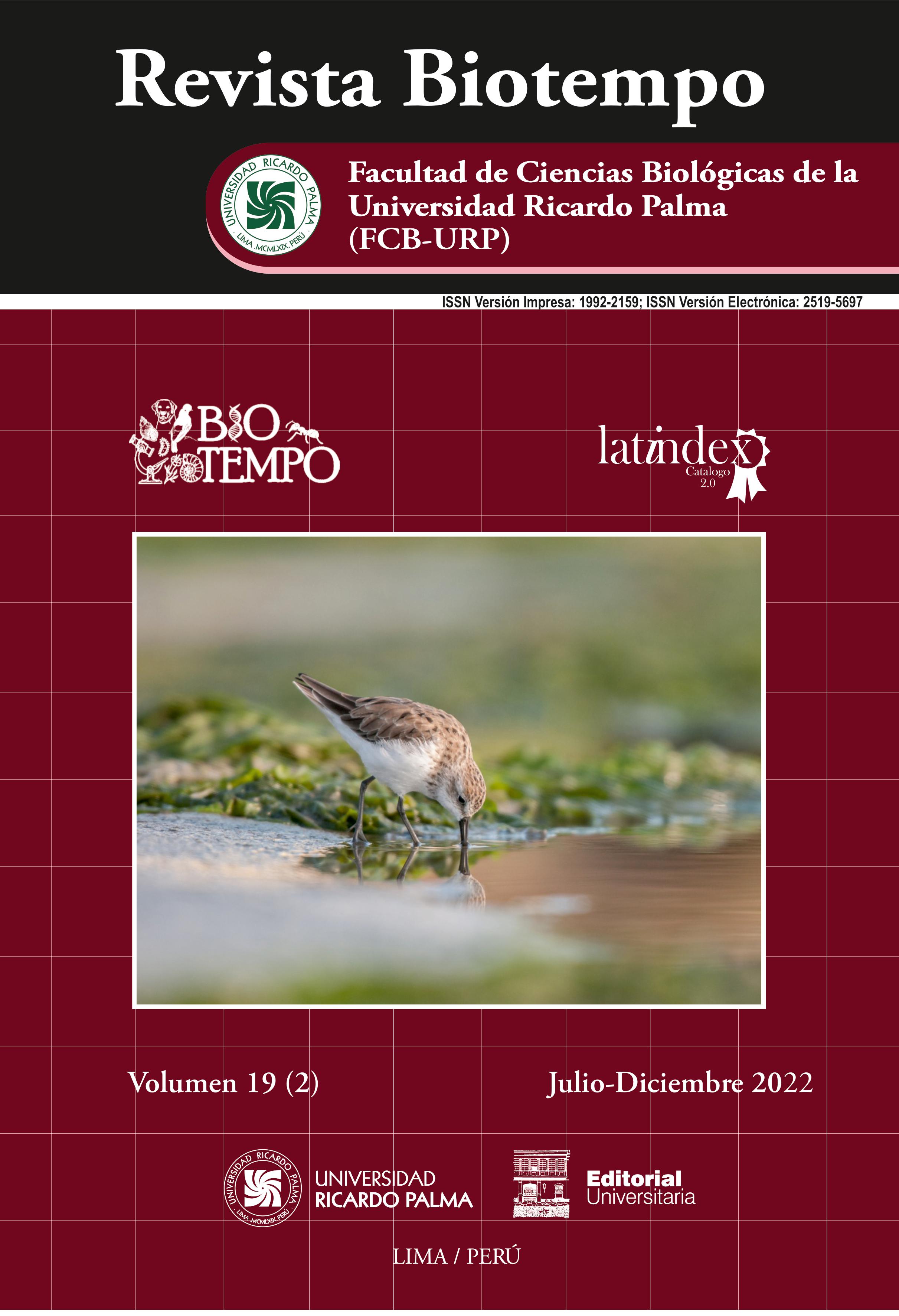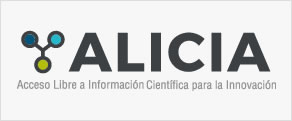Design of sustainable treatment for eviscerated hydrobiological waste from the model market in Ica, Peru
DOI:
https://doi.org/10.31381/biotempo.v20i1.5720Abstract
The objective of the study was to describe the sustainable treatment proposal for the evisceration of hydrobiological waste from the Modelo market in Ica, Peru. The study was carried out from June to September 2021 and evaluated the selection of the gutting of the following species: jack mackerel (Trachurus murphyi Nichols, 1920), bonito (Sarda chiliensis chiliensis Cuvier, 1832), mullet (Mugil cephalus Linneaus, 1758) and mackerel (Scomber japonicus peruanus Linneaus, 1758), which are sold for human consumption. A three-stage process was proposed: 1st) pre-cooking of the hydrobiological residues, 2nd) preparation of the bacterial inoculum, and 3rd) preparation of the hydrobiological residues silage. Four experimental treatments based on milk, MRS (Man Rogosa Sharpe) agar and lactic acid bacteria substrate are proposed. The procedure of the described hydrobiological silage allows benefiting animal nutrition, since it offers a source of vitamins, minerals, probable antioxidant and use as a probiotic. It was concluded that the proposed treatment is a sustainable technology that allows transforming hydrobiological viscera as a source of animal feed.










